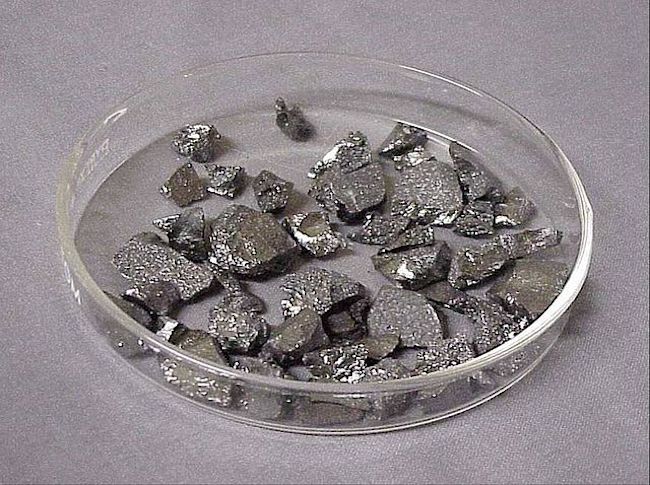How does boron affect plant growth


Boron is an essential micronutrient that is necessary for the growth and development of plants. It is required in small amounts and is involved in various physiological and metabolic processes of plants.
Boron affects plant growth by playing a critical role in cell wall synthesis, membrane integrity, and carbohydrate metabolism. It is also involved in the formation and growth of reproductive structures, such as flowers, seeds, and fruits.
When plants lack boron, they may exhibit symptoms such as stunted growth, reduced root development, and poor fruit set. Additionally, boron deficiency can cause physiological disorders, such as hollow heart in tuber crops, brown heart in apples, and black heart in celery.
However, excessive boron can be toxic to plants, leading to symptoms such as necrosis and chlorosis in leaves, reduced plant growth, and poor crop yield.
Therefore, it is important to maintain the right balance of boron in the soil for optimal plant growth and development. The appropriate amount of boron varies depending on the plant species, soil type, and environmental conditions, so it is essential to monitor boron levels in the soil and adjust fertilization accordingly.




